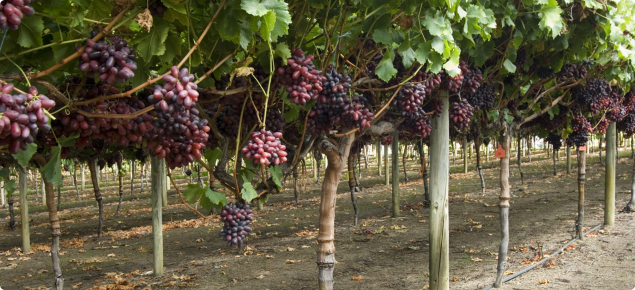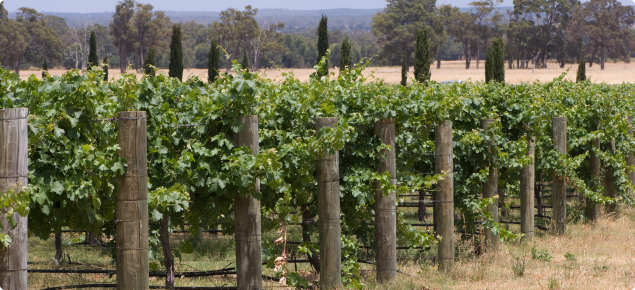A preliminary pest categorisation was released for a 57 day stakeholder consultation period on 19 December 2014. Comments received through this consultation process were considered, and where necessary, changes were incorporated into the draft pest categorisation report.
A draft policy review was released for a 45 day stakeholder consultation period on 17 June 2015. DAFWA considered all stakeholder submissions in the preparation of the final policy review and incorporated relevant information where appropriate.
A significant outcome of the stakeholder consultation was a review of potential hitchhiker species, which was incorporated into the final policy review.
The pest categorisation process identified pests and diseases that met the definition of a quarantine pest associated with the pathway, including:
- absence from Western Australia (or under official control)
- association with the table grape bunch pathway
- potential to establish and spread in Western Australia
- be of economic concern should it establish in Western Australia.
These quarantine pests were then assessed to estimate the biosecurity risk posed to Western Australia by the importation of fresh table grapes bunches (Vitis spp.) from other Australian states and territories.
The final policy review found that bitter rot, Phomopsis cane and leaf spot, and Queensland fruit fly presented an unacceptable biosecurity risk to Western Australian industries, environment and communities. A range of specific risk mitigation measures (quarantine conditions) are recommended in the policy review to reduce the biosecurity risks to an acceptable level.
Western Australia’s import requirements will be modified to reflect the recommended measures contained in the final policy review.


